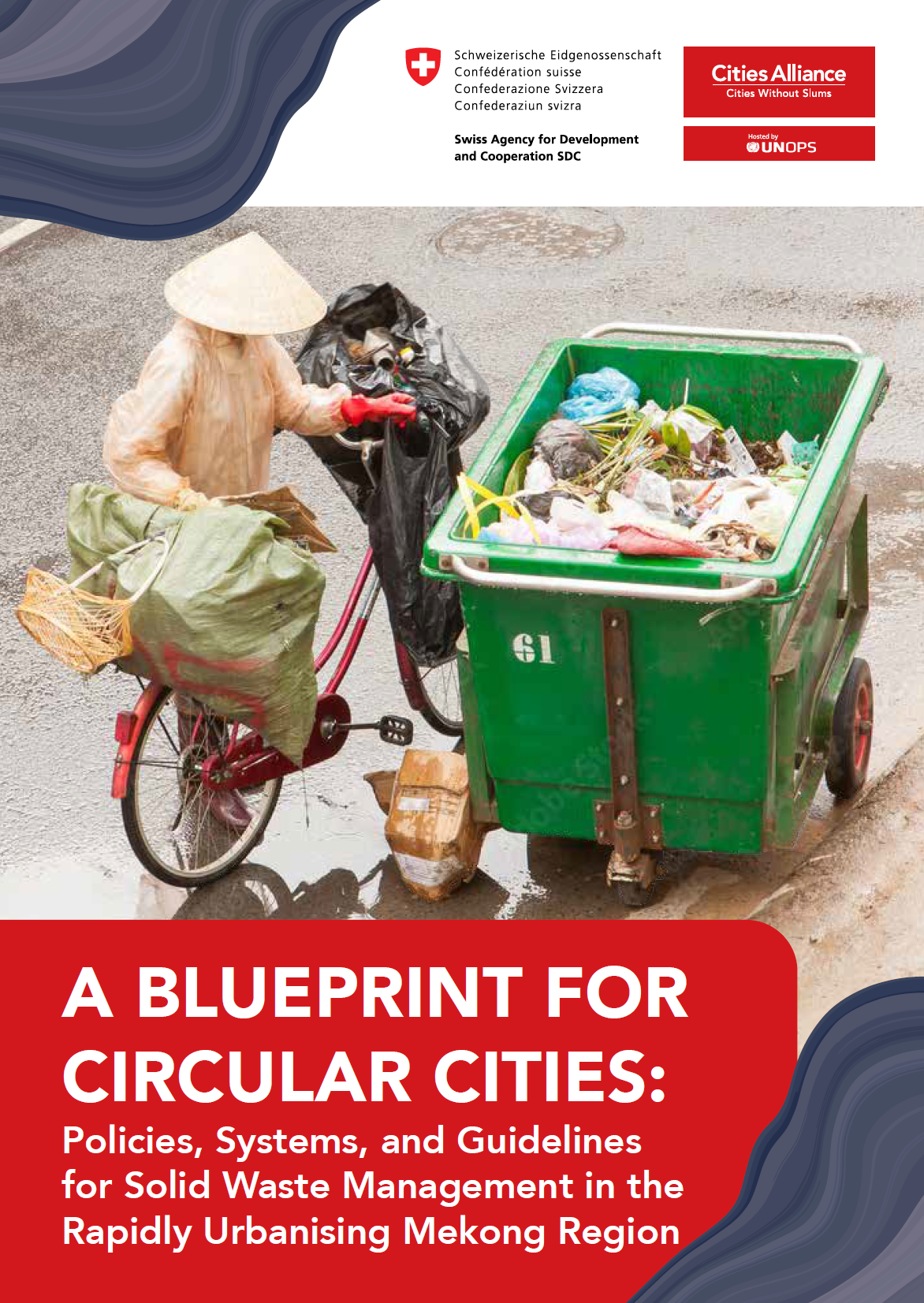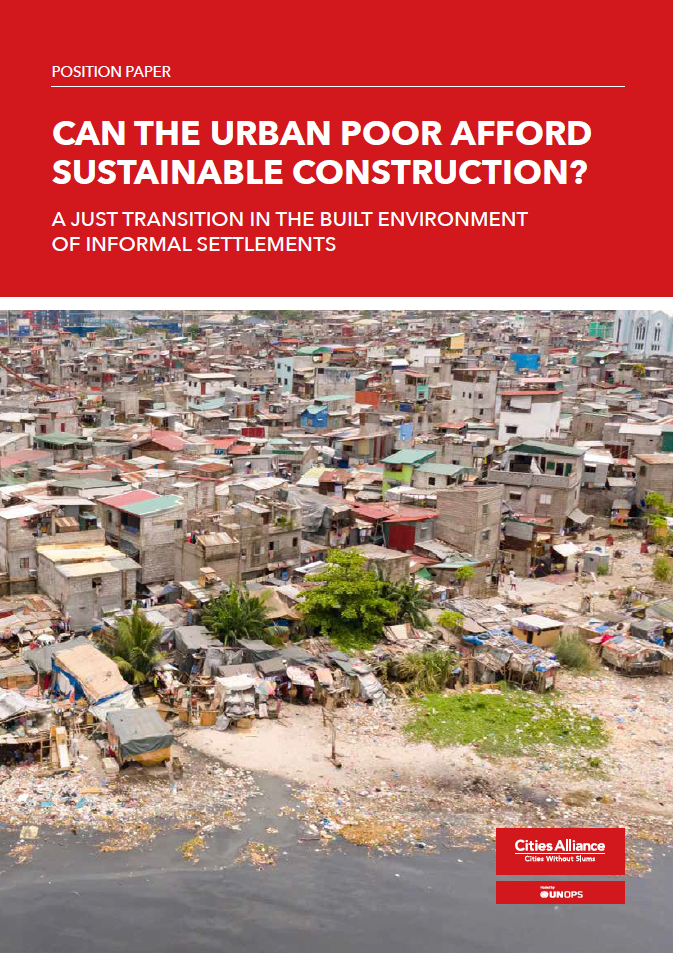- Who We Are
- How We Work
- Regional / Country Initiatives
- Legacy
- Core Themes
- Working Groups
- Portfolio & Results
- Newsroom
- Resources
Pathways to Equitable Economic Growth in Cities: Pricing Municipal Services in the Global South

A proactive and intentional pricing strategy that drives changes in urban service delivery is a basic condition for inclusive growth in cities.
Providing municipal services to growing populations in rapidly urbanising cities continues to be a difficult challenge. The supply of local services through public provision has not kept pace with continuous urban demographic growth. As demand has changed, both in quantity and quality of services for water supply, sanitation, electricity, transport, solid waste management (SWM), environmental services, housing, education, and health, countries and cities have experimented with new institutional forms and pricing policies in response. This agenda has been complicated by the fact that municipalities have found themselves with limited financial resources, contributing to an evolving situation which might now be understood as a “municipal pricing crisis”. What kind of pricing is appropriate for what kind of services in what kind of urban areas? This is clearly not a one-size-fits-all situation. Rather, municipal authorities must develop approaches to pricing that make economic, financial, and social sense in their own communities.
Pathways to Equitable Economic Growth in Cities: Pricing Municipal Services in the Global South first discusses the literature on municipal pricing schemes and tariff structures in the global South. It finds a persisting supply-side bias guiding public finance, international technical assistance and established practices in the provision of infrastructure services. In contrast, the demand side has not received an equivalent level of interest and emphasis, although the imbalance is gradually shifting, highlighting new questions and concerns around conventional pricing strategies. The report then draws upon the experiences of Accra, Bangalore, Buenos Aires and Cebu in providing and pricing municipal services. Concluding the report are a series of recommendations for national governments, local governments and development partners.
By discussing the challenges associated with pricing services in different contexts, four cross-cutting operational elements come out as necessary for rethinking the management of the municipal price system:
1. Measuring and updating information on ability and willingness-to-pay
2. Revising lifeline tariffs and other multipart pricing schemes as the nature of demand changes
3. Developing dynamic and flexible pricing mechanisms to expand or ration supply to achieve conservation goals and to “price-in” environmental and other externalities
4. Adopting transparent policies that clearly identify the sources and recipients of pricing subsidies


